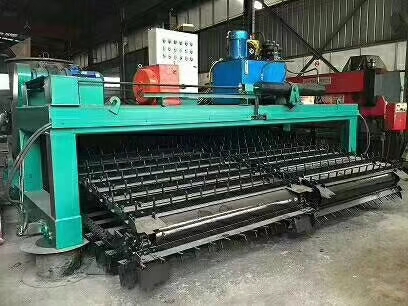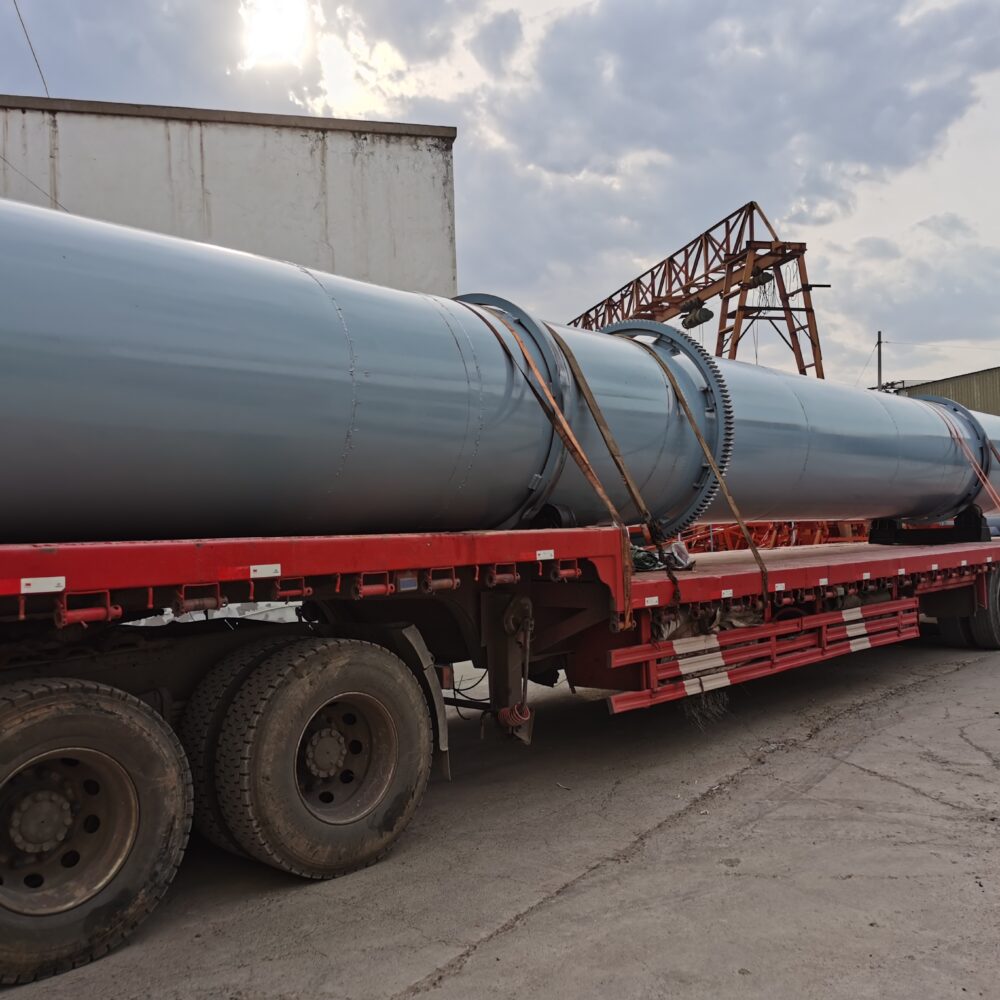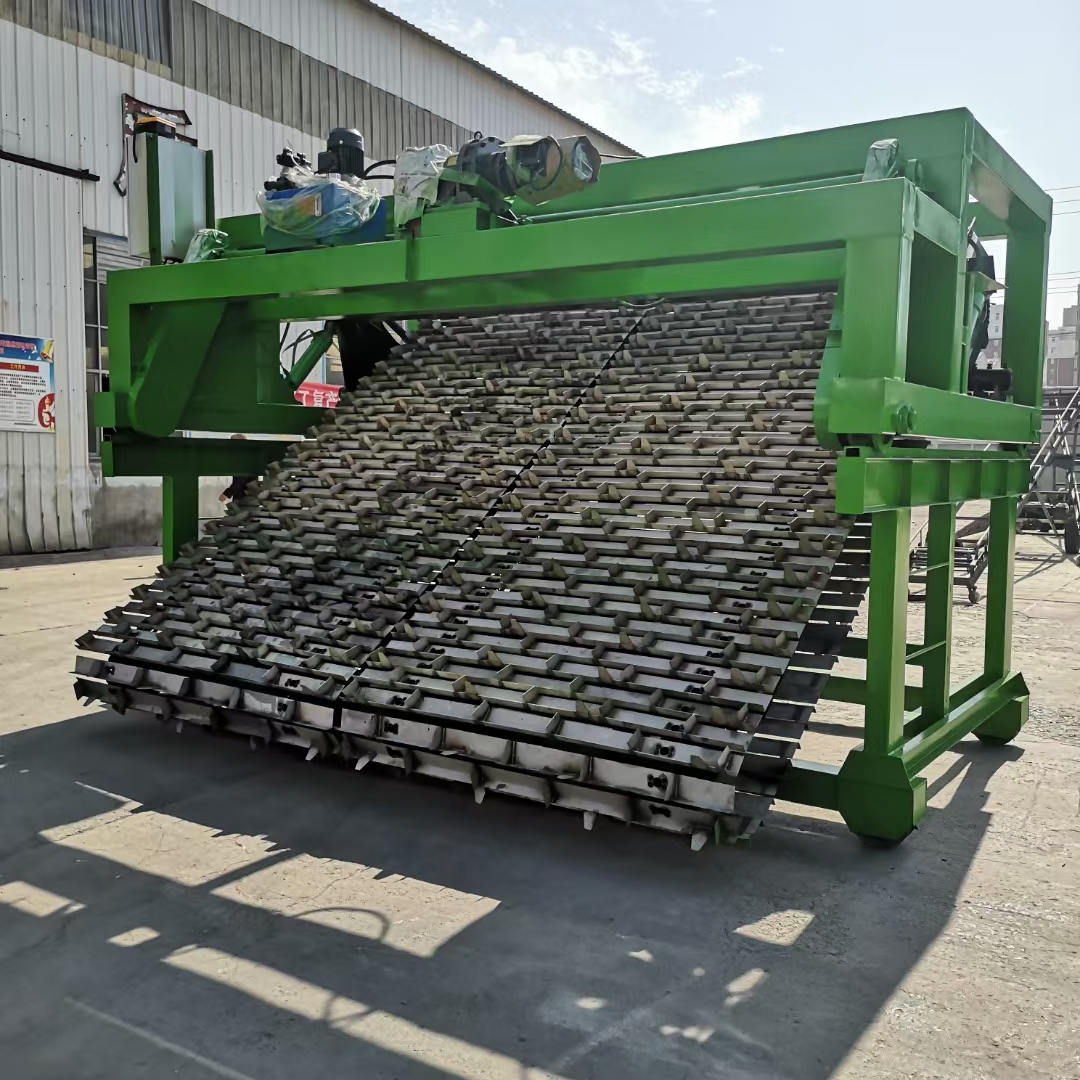
Did you know that the global fertilizer market is projected to reach a staggering $200 billion by 2025? With such impressive figures, it’s no wonder that fertilizer production machines are at the forefront of agricultural technology. These machines not only enhance crop yields but also come with a complex web of legal regulations and policies that govern their use and production.
The Essentials of Fertilizer Production Machines and Their Legal Attributes
Fertilizer production machines are essential tools for modern agriculture, designed to convert raw materials into nutrient-rich fertilizers efficiently. However, they operate under strict legal frameworks aimed at ensuring safety, environmental protection, and product quality. Regulations often cover everything from manufacturing standards to emissions controls. In addition to national laws, there may be relevant international agreements that influence how these machines are produced and utilized across borders.
Diving Deeper: Fertilizer Granulator Equipment within Relevant Policies
When we talk about fertilizer granulator equipment specifically, it’s crucial to understand its role in adhering to relevant policies. This equipment must comply with various industry standards regarding efficiency and sustainability. For instance, many countries have implemented guidelines on energy consumption limits for machinery used in fertilizer production. Additionally, manufacturers must ensure their products meet specific safety certifications before they can be marketed or exported.
Xincheng’s Unique Position in Relevant Policies

Xincheng stands out as a notable player when discussing relevant policies related to fertilizer production machinery. The company has made significant strides in aligning its operations with both local regulations and international best practices. Xincheng actively participates in policy discussions aimed at improving sustainability within the industry while maintaining high-quality standards for its products—an approach that’s increasingly important given today’s environmental concerns.
Conclusion: Navigating the Regulatory Landscape of Fertilizer Production Machines
In summary, navigating the legal landscape surrounding fertilizer production machines is no small feat! From understanding compliance requirements for different types of equipment like granulators to recognizing companies like Xincheng leading the charge towards sustainable practices—there’s much more than meets the eye here. As we continue innovating within this space, staying informed about these regulations will be key for anyone involved in agricultural technology.


